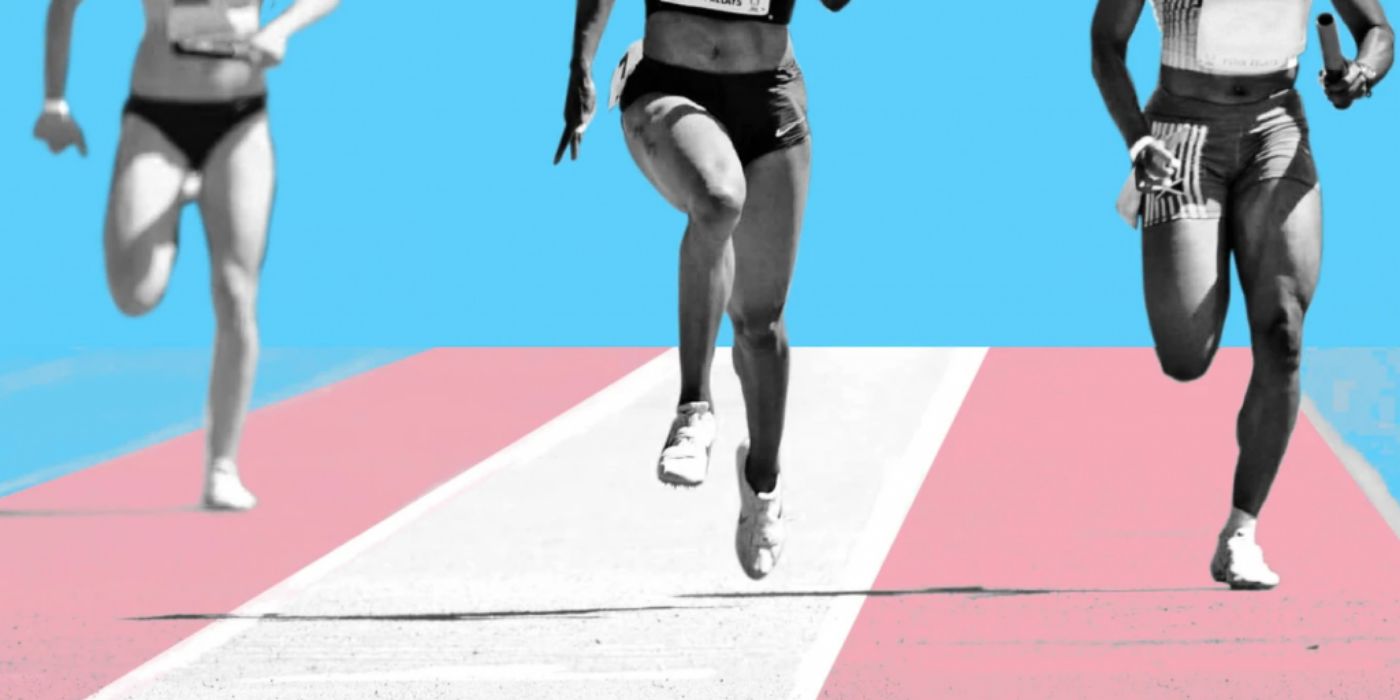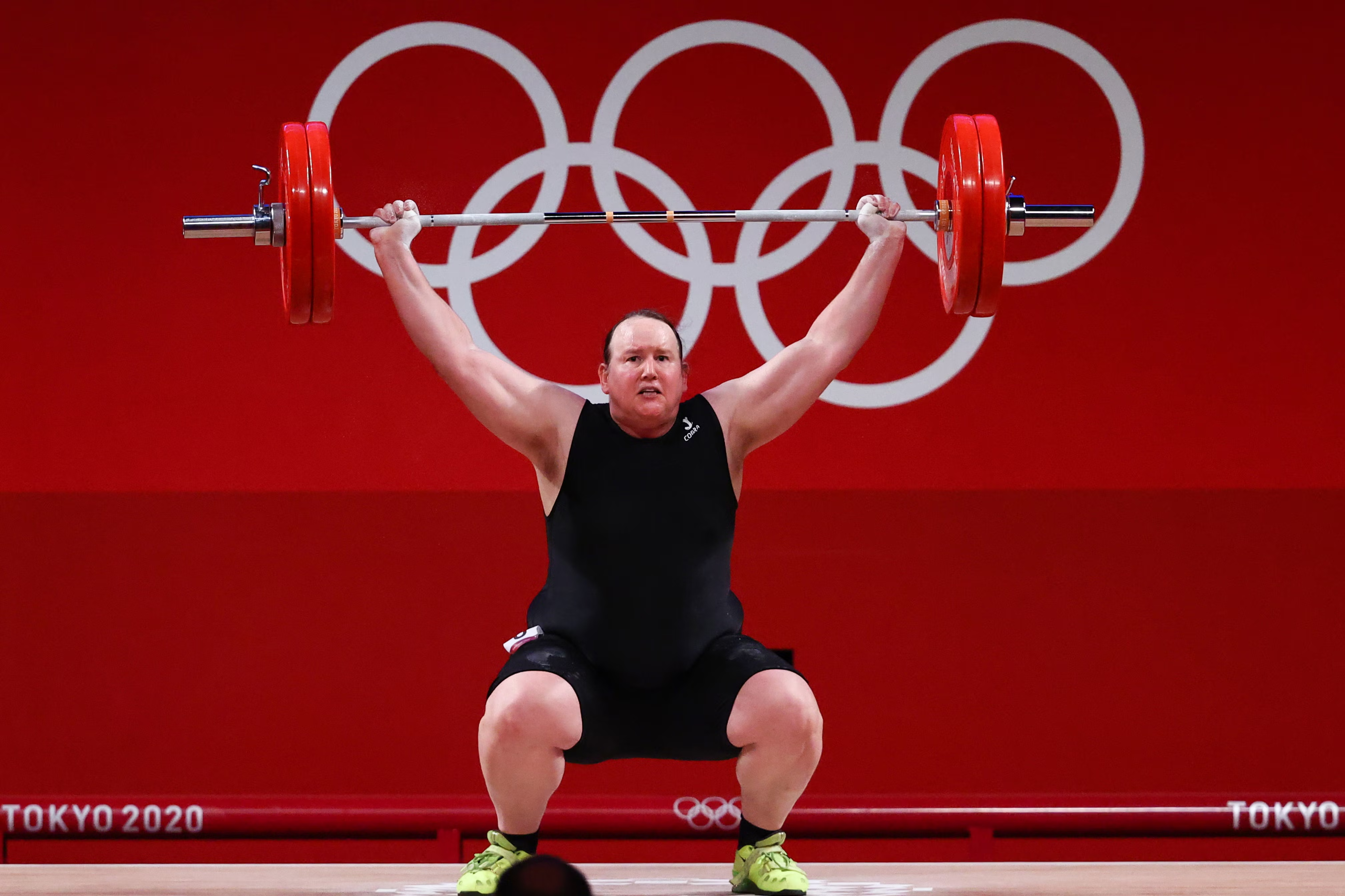

The International Olympic Committee (IOC) is reportedly on the brink of introducing a policy that would exclude transgender women from participating in the women’s category at the Olympic Games, with multiple sources suggesting such a ban could be in place within the next six to twelve months, under the leadership of the newly elected president Kirsty Coventry who has publicly committed to “protect the female category”.
According to insiders, the IOC is accelerating its review of the scientific evidence surrounding physical advantages created by male puberty and is likely to define eligibility for the women’s category by requiring that athletes were assigned female at birth and have not progressed through male puberty. The move would align the Olympic body’s approach with that already adopted by some individual sports federations, although the IOC has not yet formally adopted any new rules.
.jpeg)
The proposal is believed to follow a presentation to IOC members from the director of health, medicine and science, Jane Thornton, which reportedly included a “factual and dispassionate presentation” demonstrating that individuals born male retain permanent physical advantages over those born female, even after hormone therapy and transition. Given the high-profile scrutiny of transgender athletes such as Laurel Hubbard, who competed in the women’s +87kg weightlifting event at the Tokyo 2020 Games, the issue has resurfaced at the top echelons of international sport.

However the IOC has emphasised that no formal decision has yet been taken and the working group set up to consider the matter continues its deliberations. The summer of 2026 is now seen by many as a more realistic timeframe for the implementation of any new policy than the much-earlier dates that had been discussed.
One of the complicating factors is that the new framework would need to be legally robust and defensible, given the risk of challenge under human rights law and the persistent variation in rules across different sports governing bodies. For example, the governing body for athletics, World Athletics, already bars athletes with differences of sexual development (DSD) from the female category, while FIFA allows some athletes with DSD to compete in women’s football.
US President Donald Trump has also weighed in on the issue, reinforcing his administration’s opposition to transgender women competing in female sports. Speaking at a political rally earlier this year, he said:
“In Los Angeles in 2028 my administration will not stand by and watch men beat and batter female athletes.”

He has since pledged to implement a nationwide policy that would prohibit transgender women from participating in women’s categories, saying,
“With this executive order, the war on women’s sports is over.”
His comments have intensified the political debate surrounding the International Olympic Committee’s (IOC) forthcoming decision, highlighting how sport has become a key battleground in wider cultural and political disputes.
Supporters of the policy change argue that it is necessary to preserve fairness in female sport and to protect women’s opportunities to compete on a level playing field. Critics, however, say that the move could be discriminatory and undermine the inclusive principles that many say should govern sport. One anonymous source spoke of “permanent physical advantages” based on male puberty, but acknowledged that defining eligibility remains “unclear”.

If the IOC does press ahead with a ban on transgender women who have undergone male puberty, it would represent a major shift in Olympic eligibility criteria and set a template for other sports organisations around the world. Whether the policy emerges in the next 12 months or is delayed until 2026, the debate around inclusion, fairness, and the future of women’s sport at the highest level is far from settled.